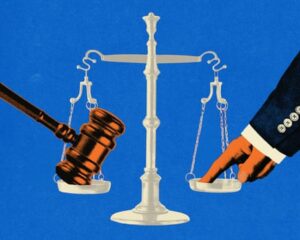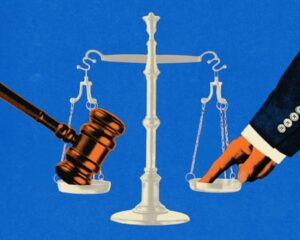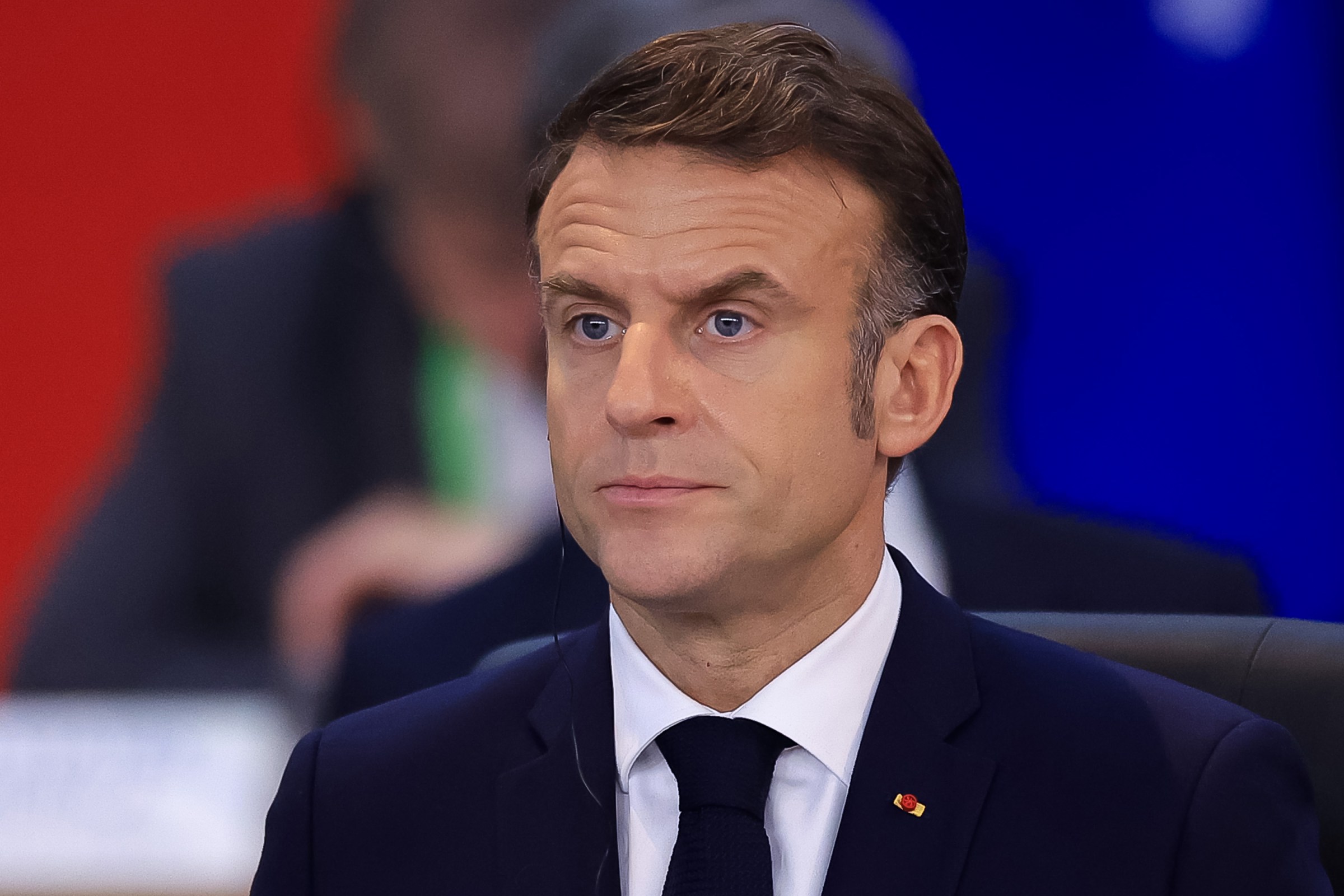Understanding the French Government Collapse
The recent French government collapse has sent shockwaves through the political landscape and has significant implications for the future of governance in France. As seasoned observers of international politics, we find it imperative to unpack this event, explore its causes, and assess its repercussions on democracy and economic stability in the nation. This blog post aims to provide a comprehensive analysis and insight into the factors leading to the government’s fall.
The Context Behind the Collapse
The French government, led by President Emmanuel Macron, faced mounting pressure from various fronts. The political landscape had already been characterized by polarization, with rising support for extreme parties such as Le Pen’s National Rally. Additionally, the government struggled to navigate budgetary issues and growing public discontent resulting from economic crises, which were exacerbated by the global pandemic.
According to an article on Vox, the tensions escalated due to budget deficits and the inability to implement critical reforms that would stabilize the economy and address public sector dissatisfaction. The collapse came as a critical moment when the population’s patience waned, leading to a loss of confidence in Macron’s administration.
Key Factors Leading to the Collapse
Several key factors contributed to the collapse of the French government. Each of these plays a pivotal role in understanding the larger narrative of governance in France:
- Economic Instability: The French economy has been on a delicate trajectory, facing challenges such as high unemployment rates and insufficient wage growth. These economic hardships have strained the public’s trust in the government’s capacity to manage economic recovery.
- Polarization of Politics: The rise of populist parties has significantly altered the political landscape in France. The growing influence of Le Pen and her hardline stances has led to an increasingly fragmented political environment where compromise has become difficult.
- Public Protests and Discontent: The discontent among citizens has manifested in protests against government policies. The public’s demand for more substantial social welfare measures clashed with the government’s austerity policies, culminating in widespread unrest.
- Challenges in Legislative Action: Macron’s government faced hurdles in pushing through key legislation, particularly around budgetary reforms. A coalition of opposition forces discouraged collaborative governance, thereby hindering progressive reforms.
The Reaction to the Collapse
The reaction to the collapse of the French government has been swift and multifaceted. Political analysts and citizens alike expressed mixed feelings regarding this pivotal moment. While some feared the implications of renewed political instability, others viewed it as an opportunity for a fresh start and potential for reform.
Leaders from various political factions have begun to stake their claims. The left-wing factions are calling for solidarity and unity among opposition parties to establish a common ground for reformative governance. Conversely, the far-right continues to gain momentum, advocating for harsher policies and further divisions within the parliamentary structure.
Looking Forward: Implications for France and Its Democracy
As we contemplate the future following the French government collapse, several implications emerge:
- Potential for Political Reforms: The chaos serves as a reminder of the need for political reform in addressing the electorate’s grievances. A response strategy focusing on transparency and genuine dialogue could help rebuild trust.
- Impact on the European Union: France plays a pivotal role within the EU. The government’s instability could affect its relations and influence EU policies—particularly those concerning economic recovery and immigration. We could see a shift in France’s engagement with EU governance amidst its internal crisis.
- Opportunities for New Leadership: This collapse opens the door for emerging leaders to express fresh perspectives and usher in a new political era. The potential for charismatic leaders who resonate with the public’s desires for change could reshape the political future.
- Calls for Social Reforms: The turmoil could propel social justice movements and influence public policies focused on welfare and economic equality, potentially shifting the political agenda towards progressive values.
Conclusion
The collapse of the French government marks a critical turning point in the nation’s political landscape. As history has shown, governments can crumble under pressure, but they can also rise anew from these challenges. Understanding this event’s implications will allow citizens and stakeholders to engage actively in shaping the future of French democracy. For further readings, you can check out the detailed coverage on this subject at Vox.








